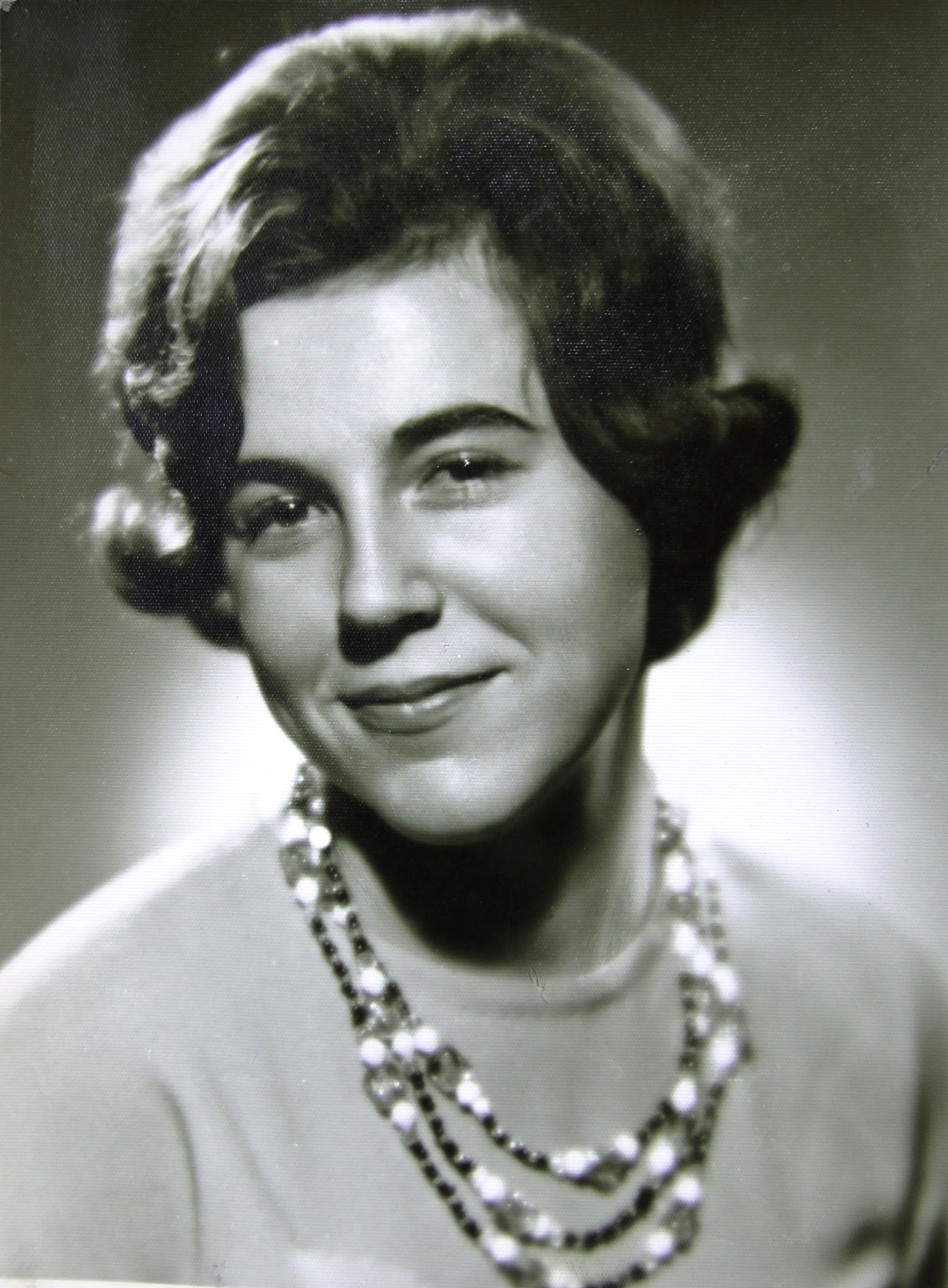I left the country to get a different life, and would do it again

Stáhnout obrázek
Helena Jindáčková was born to Božena and František Jindáčeks in Prague on 17 January 1945 and had two siblings. Her entire family worked in forwarding, only she was an exception - she chose sports. Since her early childhood, spent first in Žižkov and then in Klárov, she played many sports. Girls‘ football became her destiny. Having graduated from the High School of Transport Technology in Zborovská Street, she became a member of the FK Viktoria Žižkov team and then of an elite tema, TJ Slavia Praha. She worked at the Telecommunication Administration, but found little fulfilment at work. She visited the West with the Slavia team many times, and in January 1969 she left the country for Italy, accompanied by the team‘s technical manager Jaroslava Krejčová. The girls spent the first three months in the Opicina refugee camp near Trieste. She joined ACF Fiorentina and became a team member. She would coach children. During the first few years in Italy, the witness worked at a furniture factory and lived with the owner, Andrea Baratti. Then she took a beautician course and focused on the field in the years to come. The president of Czechoslovakia pardoned her in 1979 and she could start visiting Czechoslovakia again. She met her lifetime partner, journalist Aurelio Scelba in 1983. Aurelio lives in separation, so for the purposes of obtaining the Italian citizenship the witness concluded a fictitious marriage. She intensively worked for the Czech community in Florence. She and Aurelio have been living together in Fiesola for 22 years.










